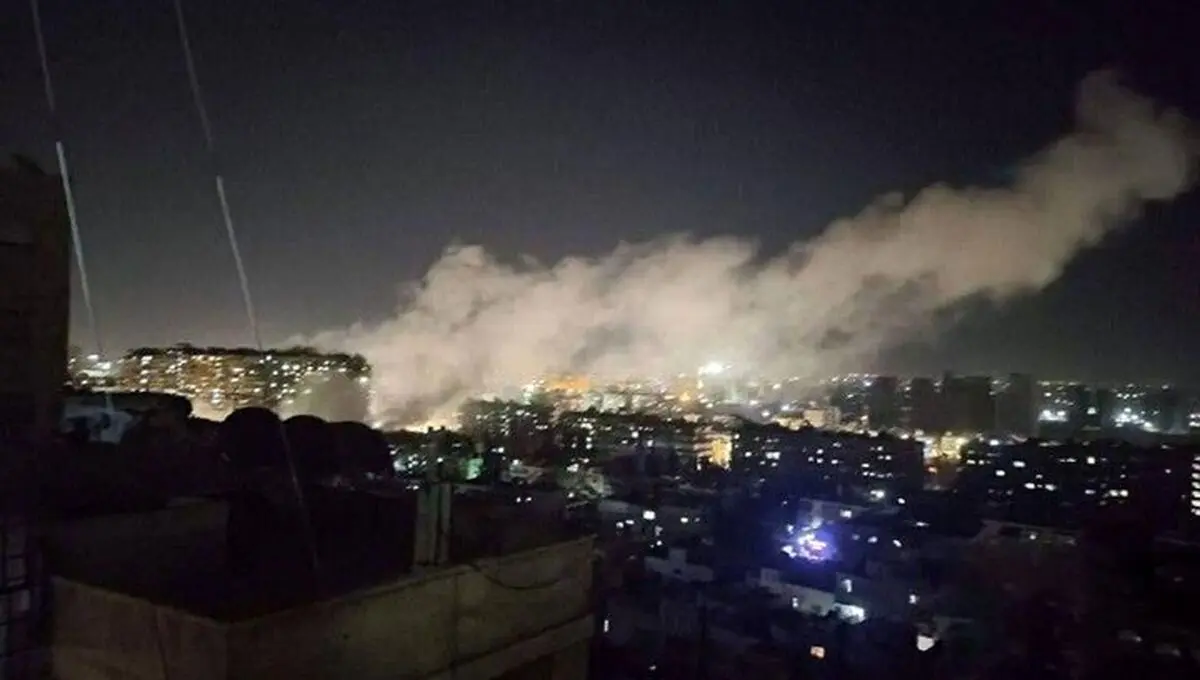SAEDNEWS: Analysts warn that Israel could launch a new war against Iran before December, with Tehran preparing a more decisive response. The involvement of former US President Donald Trump could significantly shape the conflict’s outcome.

Israel may launch another war against Iran before December—and possibly even earlier, before the end of August, according to reports. Iran has anticipated such a move and has signaled a shift in strategy compared to the previous conflict.
According to Ham-Mihan, citing AFP, if the next round of war begins, Iran is likely to respond with decisive attacks instead of gradual missile strikes, demonstrating that it will not be intimidated by Israel’s military dominance.
Trump and Netanyahu Discuss Iran by Phone
Consequently, the next conflict is expected to be bloodier. If former US President Donald Trump yields to Israeli pressure and intervenes, the United States could face a full-scale war with Iran—likely far more challenging than the Iraq war. Israel’s June war against Iran was not solely aimed at eliminating Iran’s nuclear program; its primary objective was to alter the balance of power in the Middle East. For more than two decades, Israel had pressured the US to act against Iran and weaken it to restore regional balance in Israel’s favor—a task Israel could not accomplish alone.
The June conflict had three main goals: drawing the US into military engagement with Iran, paralyzing Iran’s system, and turning Iran into another Syria or Lebanon, allowing Israel to strike with immunity. Only one goal was partially achieved: limited Trump intervention. At best, Israel achieved a minor victory from the June attacks. Israel’s desired outcome was full US involvement in targeting Iran’s conventional forces and economic infrastructure. While Trump showed some willingness to act decisively, he also feared a full-scale war.
Trump’s avoidance of action beyond limited bombing was the main reason Israel agreed to a ceasefire. Israel suffered serious damage, while Iran’s missile capabilities increasingly challenged Israel’s defense. If Trump had continued sustained intervention, Israel would have continued the war, but once Tel Aviv realized Trump’s intervention was one-time only, its calculations changed. Israel managed to draw the US into conflict but could not keep it engaged.
The other two Israeli goals clearly failed. Despite intelligence successes, including the killing of 30 senior commanders and 19 nuclear scientists, these actions only temporarily disrupted Iran’s command and control. Iran quickly replaced its commanders and conducted heavy missile strikes, demonstrating resilience. Israel’s hope that the attacks would sow fear and destabilize the regime also failed. Mossad efforts to encourage officials to dissociate from the regime were fruitless, and Iran remained unified.
Contrary to Israeli expectations, widespread protests in Iran did not occur; instead, a wave of nationalism emerged. Israel also failed to turn Iran into a “Syria” that could be attacked without US support. Although Israel dominated Iranian airspace, ongoing Iranian missile attacks became intolerable.
Given these outcomes, another Israeli military action remains possible. Israeli officials stated that June’s attacks were only the first phase. Iran is rebuilding its military capabilities, prompting Israel to consider a renewed strike sooner rather than later. Political timing—particularly the approach of US midterm elections—further increases the likelihood of an attack in the coming months. Iran intends to raise the costs of any strike dramatically to establish deterrence, aiming for a swift and decisive response from the outset.
According to Iranian analysts, any delay could result in the loss of missile capabilities and leave the country vulnerable. Trump’s role in the next conflict will be decisive. He is unlikely to engage in a prolonged war, but by greenlighting Israel for the initial round, Trump fell into Israel’s trap. Limited further intervention is no longer an option: Trump must either fully enter the conflict or stay out entirely, requiring firm resistance to Israeli pressure—something he has not yet demonstrated.

